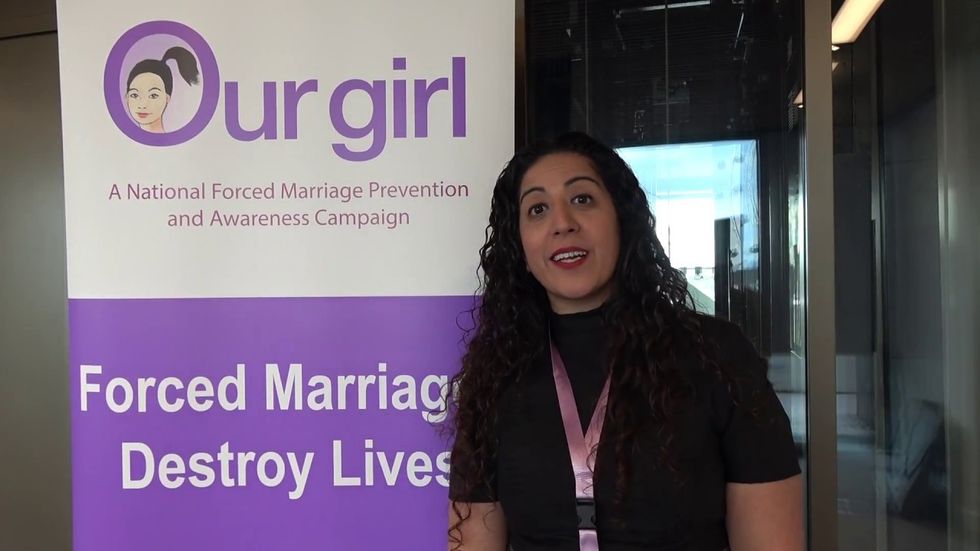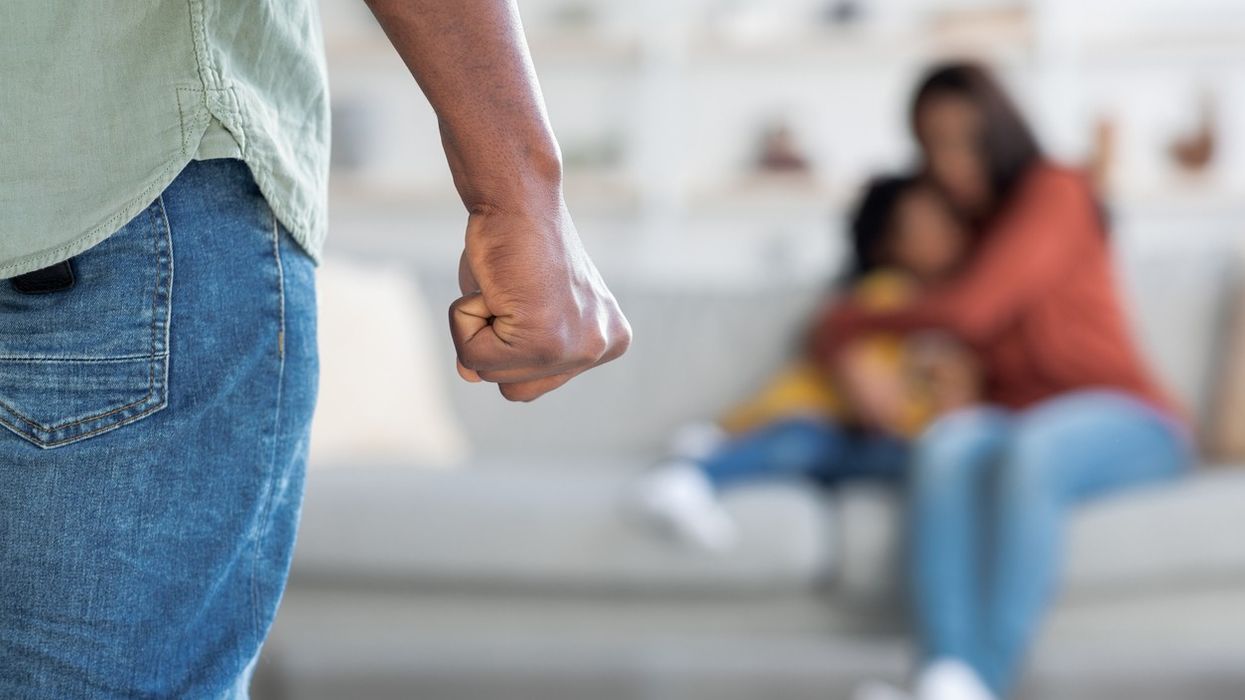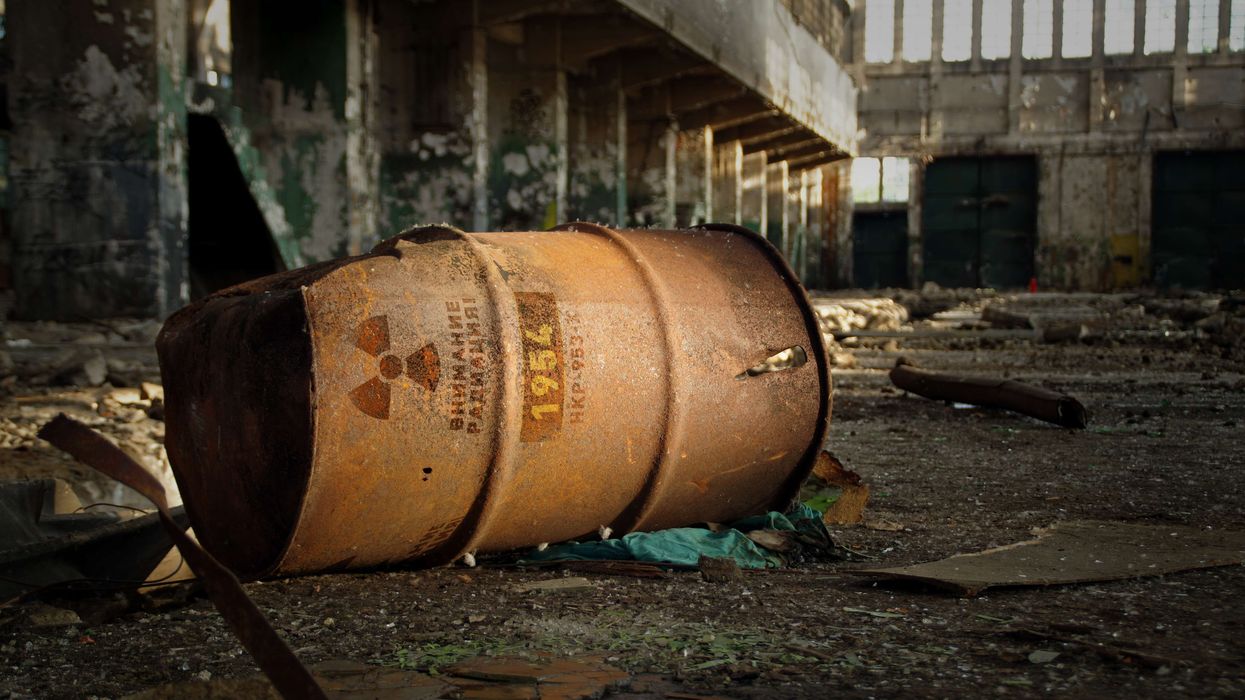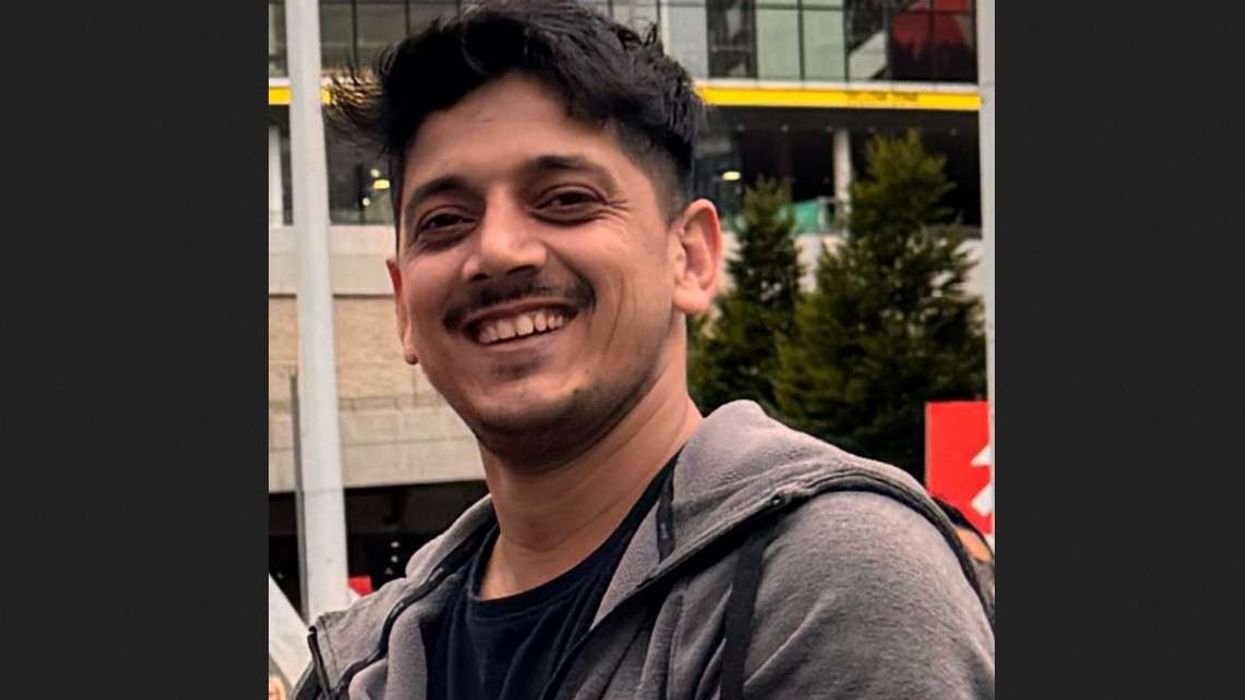ASIAN survivors of domestic violence are being denied justice by the family courts system and, in some cases, are being intimidated by their abusers, support groups have said.
Ahead of International Women’s Day next Wednesday (8), leading women’s charities, solicitors and campaigners have written to the government to call for a ban on suspects being allowed to cross-examine their victims in court.
The support groups have criticised the lack of special measures given to Asian survivors, with some left terrified after bumping into the alleged perpetrator and their family members, and the lack of empathy shown by some judges.
Polly Harrar, founder and CEO of The Sharan Project support group, said south Asian women face additional barriers in court, such as language, and access to legal aid and representation.
She told Eastern Eye: “In many cases, our clients have not received special measures, which has resulted in them bumping into not only their abuser, but also the abuser’s family.
“This is a terrifying tactic to induce fear, which results in women feeling intimidated to speak out in court.
“In one case, our client was so petrified of speaking out about members of her family that she had a panic attack. The judge was less than sympathetic and threatened to hold her in contempt of court.
“In another case, a judge told my client she did not believe her claims of being a victim of domestic abuse and allowed her abuser to cross-examine her. After this, the client contacted our service, and six months later, the judge found in her favour and acknowledged that her abuser was ‘very convincing’.”

In February 2017, the government committed to ban abuse suspects cross examining their victims during trials. But the pledge only became law last summer under the Domestic Abuse Act, and applied only to new cases, meaning that women already in the system were not protected.
Experts said there was a lack of qualified lawyers signing up to undertake cross examinations in domestic abuse cases, and not enough checks were being carried out to ensure that the ban was being implemented.
Harrar added it was an open secret that abusers use the court system to continue to attack their victims.
“They [abusers] often have a greater understanding of how the legal system works, can afford better representation or even represent themselves and so are able to manipulate the system to their advantage. It is disgraceful that more is not being done to ensure abusers stop using the court system as a playground for [post separation] abuse, which often includes the use of child contact as a way to control their victims for years to come.
“We need greater accountability and monitoring. Also, the courts and professionals need to be more ‘traumainformed’ to better understand the impact and experiences of survivors going through the court system.
“Until this happens, more victims will be failed by the very system supposed to protect them.”
Some 4.9 per cent of adults of Indian origin reported being victims of domestic abuse in 2019-2020, according to government data. This compared to 3.5 per cent of those from a Pakistani background, 1.4 per cent of Bangladeshi heritage and 3.7 per cent from a black background.
Yasmin Khan, founder and director of charity Halo Project in northeast England, said survivors told them the experience in the courts puts them at further risk of harm due to the lack of understanding about the specific barriers they face.
“[There is] no consideration of how the revenge, reprisal and retribution of those offending can leave victims further traumatised as they sometimes pass each other within the courts.
“There is little consideration of the special measures available to all victims of abuse. This can also be due to the lack of experienced BAME court independent advisors. The whole system needs reviewing and a transformation is required.
“Our victims are not asking for preferential treatment. Quite the contrary, they want justice like any other victim who has experienced trauma through abuse. They need and deserve protection.”
Jasvir Singh CBE, a leading solicitor, believes it is essential for good justice that those accusing someone of domestic abuse in a relationship are not questioned directly by the alleged perpetrator.
“There needs to be someone to act as a buffer between them, and that is where barristers and solicitors normally come in. However, funding cuts over the last 15 years have meant the majority of people accused of domestic abuse have to represent themselves in court hearings.
“Changes are being implemented, such as the introduction of barristers who are paid by the Courts and Tribunals Service simply to provide someone to ask questions on behalf of an alleged perpetrator. Some courts will make sure the questions are written down and handed to the judge to ask, instead.
“However, more does need to be done to ensure all cases have such barristers being used, and not just those which have been issued recently.”
A survey in February found that over half of people believe the government should be doing more to help services for women and children affected by abuse amid the costof living crisis. The same percentage, 54 per cent, think any negative impact of increasing costs will be greater for this group in society, polling for a coalition of feminist organisations found.
Farah Nazeer, chief executive of charity Women’s Aid, said it was appalling that women are being subjected to “essentially state sanctioned abuse within court settings” with perpetrators cross-examining their victims.
“No one would expect a burglar to be allowed to question the person they held at knife point,” she added.
“We welcomed the government’s commitment in 2017 to ban this abhorrent practice, but we remain unconvinced these measures are protecting survivors of domestic abuse effectively.
“Without proper scrutiny, women are left unprotected, terrified and subject to further abuse. We urge the Ministry of Justice to establish robust monitoring and evaluation to ensure the legislation is consistently implemented.”
A government spokesperson said: “We are working across government to ensure victims and survivors of domestic abuse, as well as their families, are fully supported, including by delivering the commitments worth over £140 million in the Tackling Domestic Abuse plan.
“This includes trials of a ‘flexible fund’, which charities could use to provide extra money to victims and survivors.”
- For more information and support, call the Halo Project on 01642683 045. Details about the Sharan Project are available on 0844504 3231.
‘













